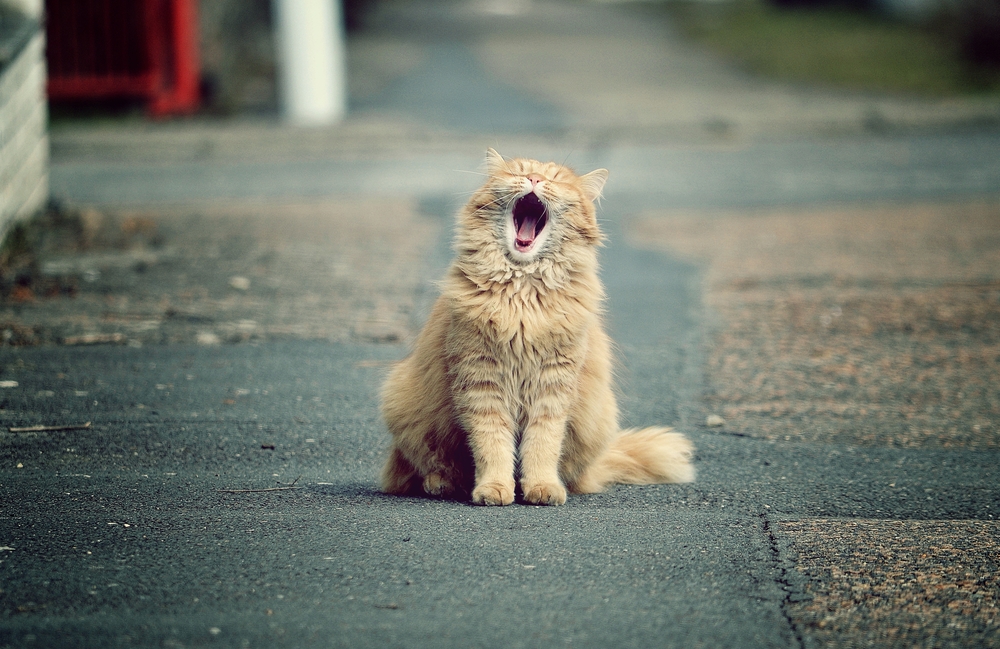
This may be shocking news to cat lovers everywhere, but we know virtually nothing about feline personalities.
While there’s been 150 studies into the specifics of primate personalities, and 51 concerning candids, to date there’s only been 20 to query this aspect of cats and most have focused on domesticated subjects only.
This is especially problematic because it means there’s no way to assess how captive kitties cope with the various changes and restrictions they face in human-created settings.
But University of Edinburgh and Bronx Zoo researchers are trying to change that, recently using the Five-Factor Model.
The method breaks personality structure down into five components—openness to experience, extraversion, conscientiousness, agreeableness and neuroticism—to classify and compare the personalities of the Scottish wildcat, domestic cat, African lion, cloud and snow leopard. As with prior primate personality studies to use the model, the trait of dominance was added.
Pet cats basically have the same personality as other, man-eating, members of the species.
What they concluded, was that most members of the cat family are more similar than initially thought. This suggests domestication hasn’t altered our four-legged house friend’s attitude all too much over time—pet cats having basically the same personality as other, man-eating, members of the species.
But the researchers are quick to add this doesn’t mean your feline companion is out to get you.
‘Cats don’t want to bump you off,’ study lead from the University of Edinburgh Marieke Gartner told CNET. ‘[They] have different personalities. It just depends on the individual. It’s not that cats are self centred. It’s that they are a more solitary or semi-solitary species.’
Species were chosen based on their availability and history. The Scottish wildcat, a card carrying member of the Felis genus alongside the domestic cat, was classified based on info gathered in 2013 by observing wildcats in three UK zoos, while UK and New York shelter kitties represented the domestic group.
The big cat data came from dozens of subjects in zoos all over the world. The clouded leopard holds a special place in the evolutionary history of cat personality, being a representative of Neofelis—a group that speciated before Felis and Panthera (African lions and snow leopards).
Previously Scottish wildcats were presumed to be more similar to domestic varieties, but these differences could be explained by the wildcats’ longtime isolation and solitary lifestyle compared to domestics’ semi-social nature. African lions were the only species in the study that was purely social by nature, whereas both leopards were more like the wildcat, solitary and geographically limited.
The researchers urge that much more work needs to be done looking at the personality structures of other species, and investigating how welfare and conservation concerns are linked, but knowing these five very different types of cats are so closely tied in personality could be useful for the treatment of captive felines going forward.
